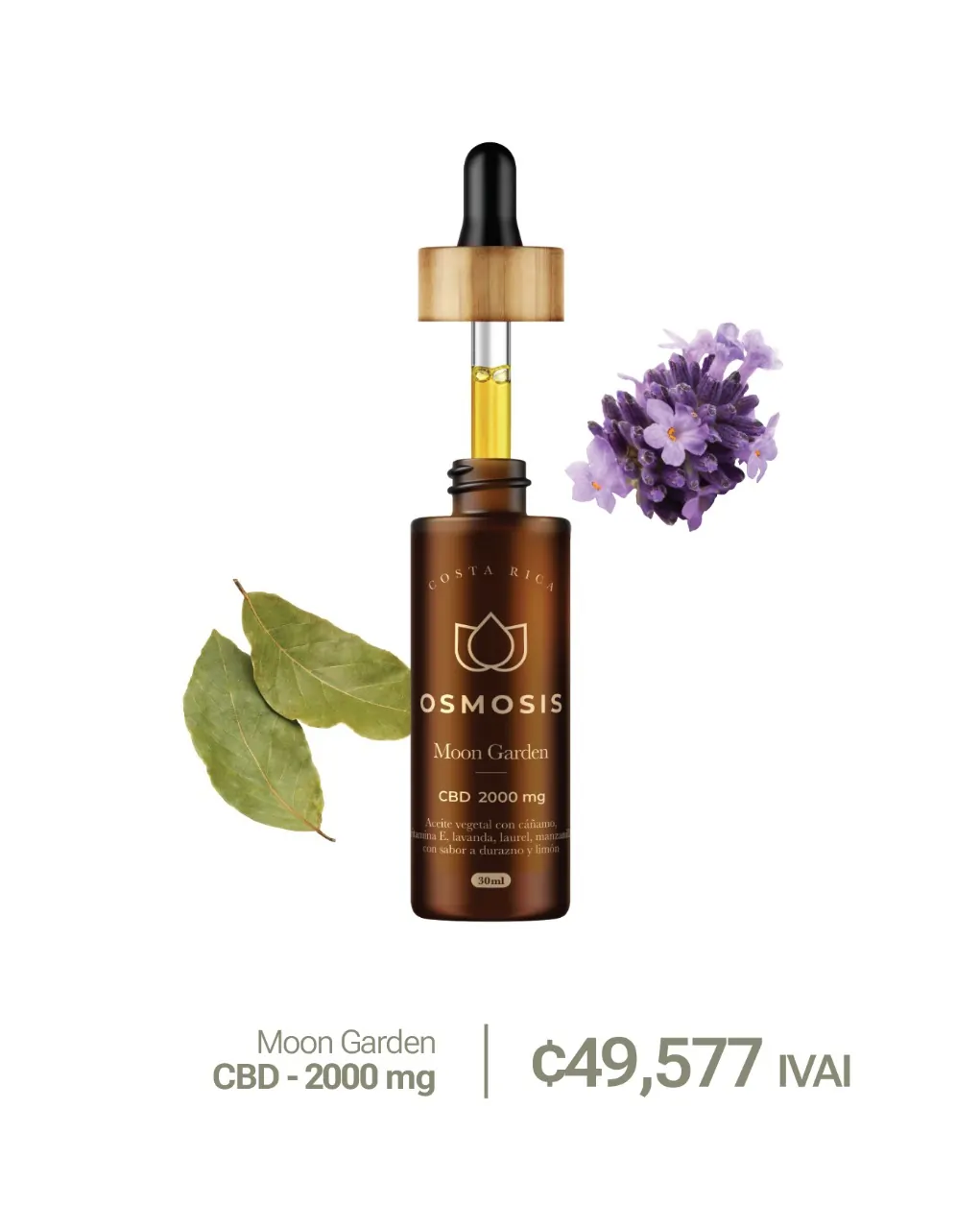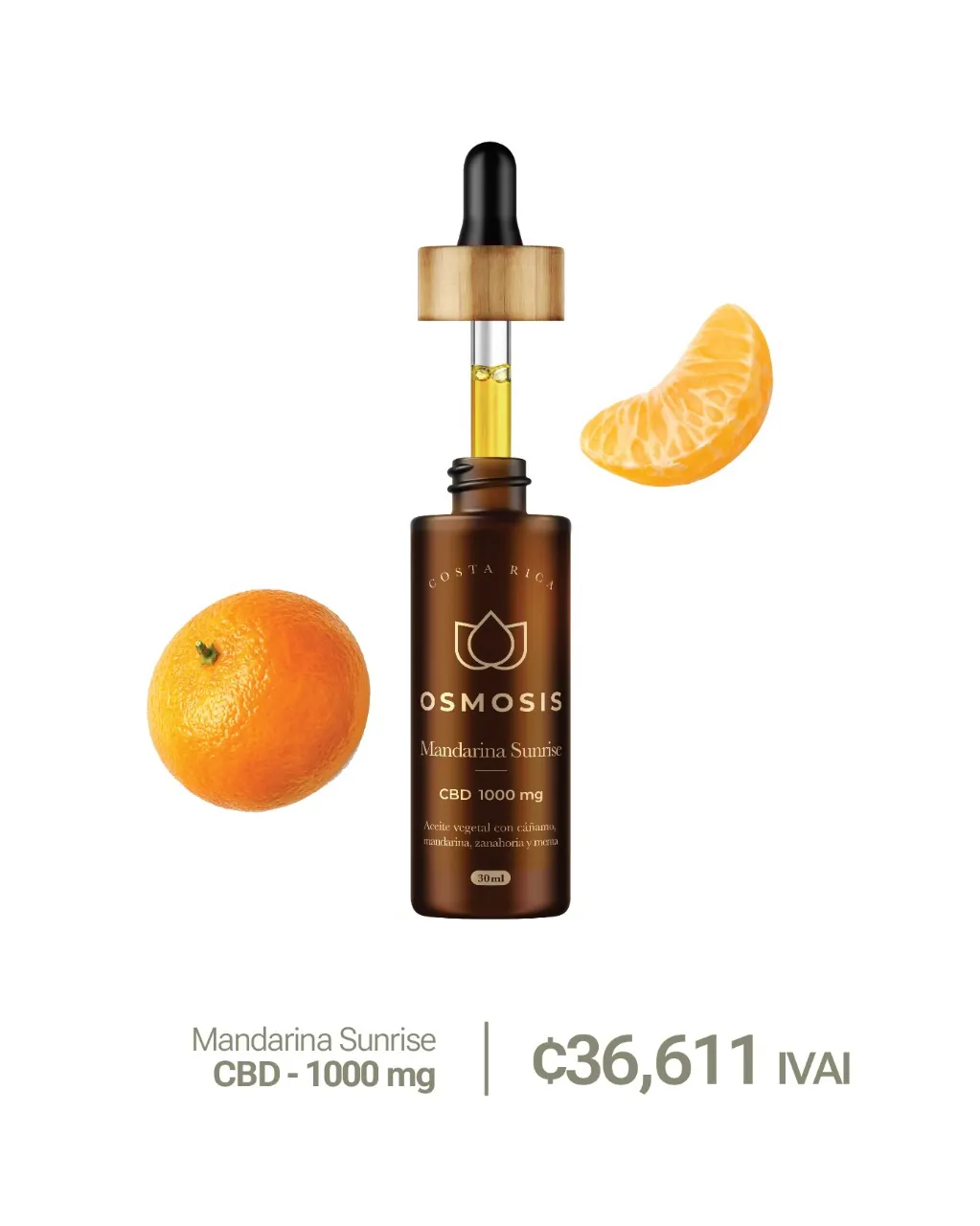New study conducted in Canada about medical cannabis (MC) showed some good results in real-world clinical comprehensive data. This study aimed to bridge this gap by providing insights into adverse events (AEs) reported over three years following the initiation of MC.
The Quebec Cannabis Registry (QCR) served as a prospective registry, enrolling adults through participating physicians from May 2015 to October 2018. Follow-up continued until MC discontinuation, loss to follow-up, three years, or the end of data collection in May 2019. Baseline data were collected, and follow-up visits occurred every three months for the first two years, followed by annual visits in the third year.
Adverse event reports were filled out by physicians, coded using MedDRA® preferred terms (PTs), and subjected to descriptive analyses.
“A total of 2991 patients (mean age 50.9 years, 50.2% females) were enrolled. During follow-up, 108 patients (3.6%) experienced moderate or severe AEs, resulting in 111 AE reports (three patients had two reports) and 214 AEs (average 1.9 AEs per report). Although mild AEs prompted the discontinuation of MC for nine patients, no AE reports were available for this subset”, study shows.
Relating to different king of MC consumption the study conducted analysis in different kind of cannabis uses.
“Common PTs associated with ingested MC (62 reports) included dizziness (12.9%), nausea (11.3%), somnolence (9.7%), and vomiting (8.1%). For inhaled MC (23 reports), headache (13.0%) was the most prevalent. Tetrahydrocannabinol (THC)-dominant MC (25 reports) linked to dizziness and somnolence (12.0% each), while cannabidiol (CBD)-dominant MC (20 reports) showed vomiting (20.0%) as the most common PT. Balanced MC (58 reports) demonstrated dizziness (17.2%), nausea (13.8%), somnolence (10.3%), and headache (8.6%) as the most frequent PTs.”
The researchers concluded that after three-year study revealed no new safety concerns in comparison to existing literature. However, health professionals should acknowledge notable differences in AE profiles related to modes of administration and cannabinoid content ratios. Further research to identify and manage risk factors for AEs is essential in maintaining a favorable benefit-risk balance for MC.





